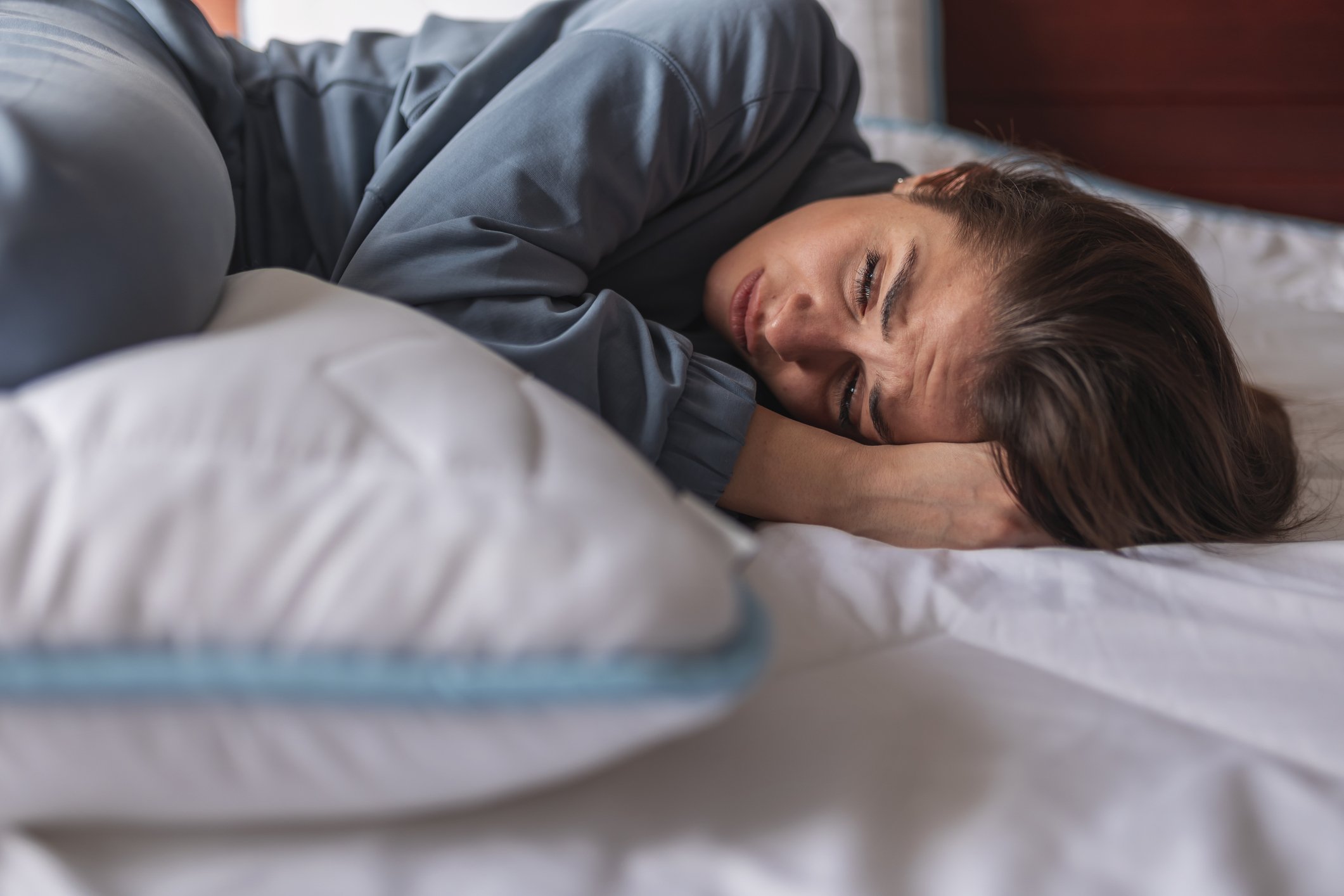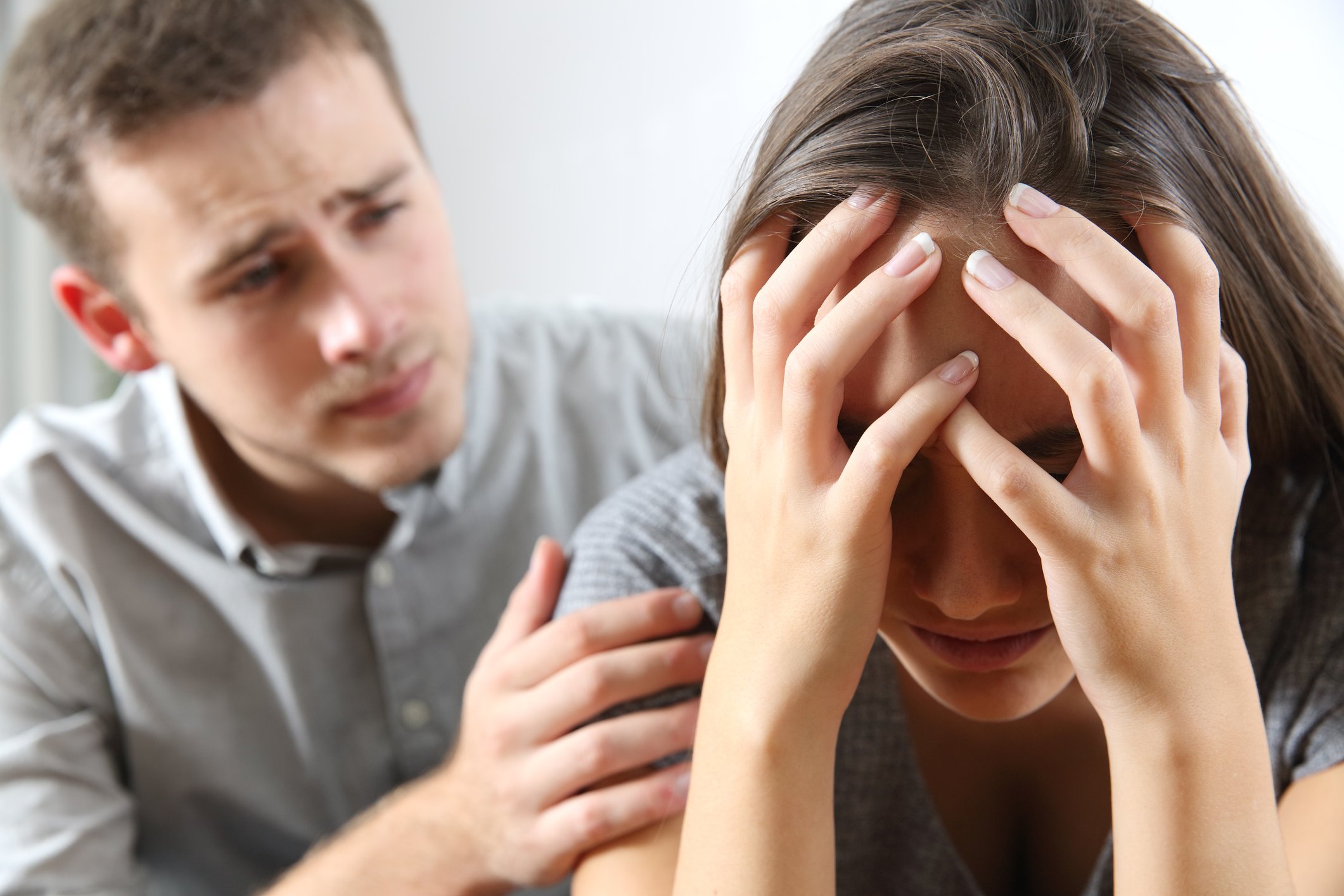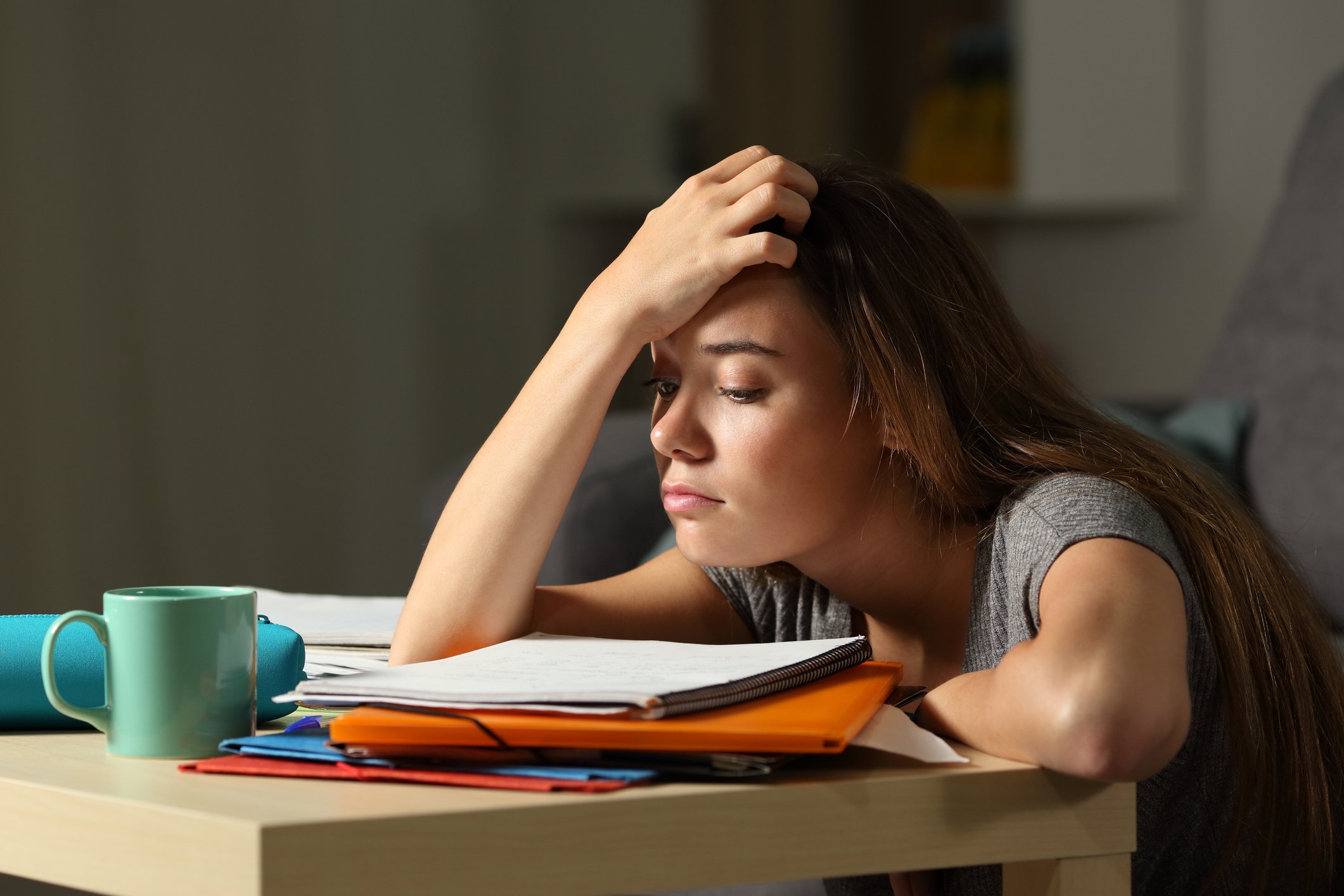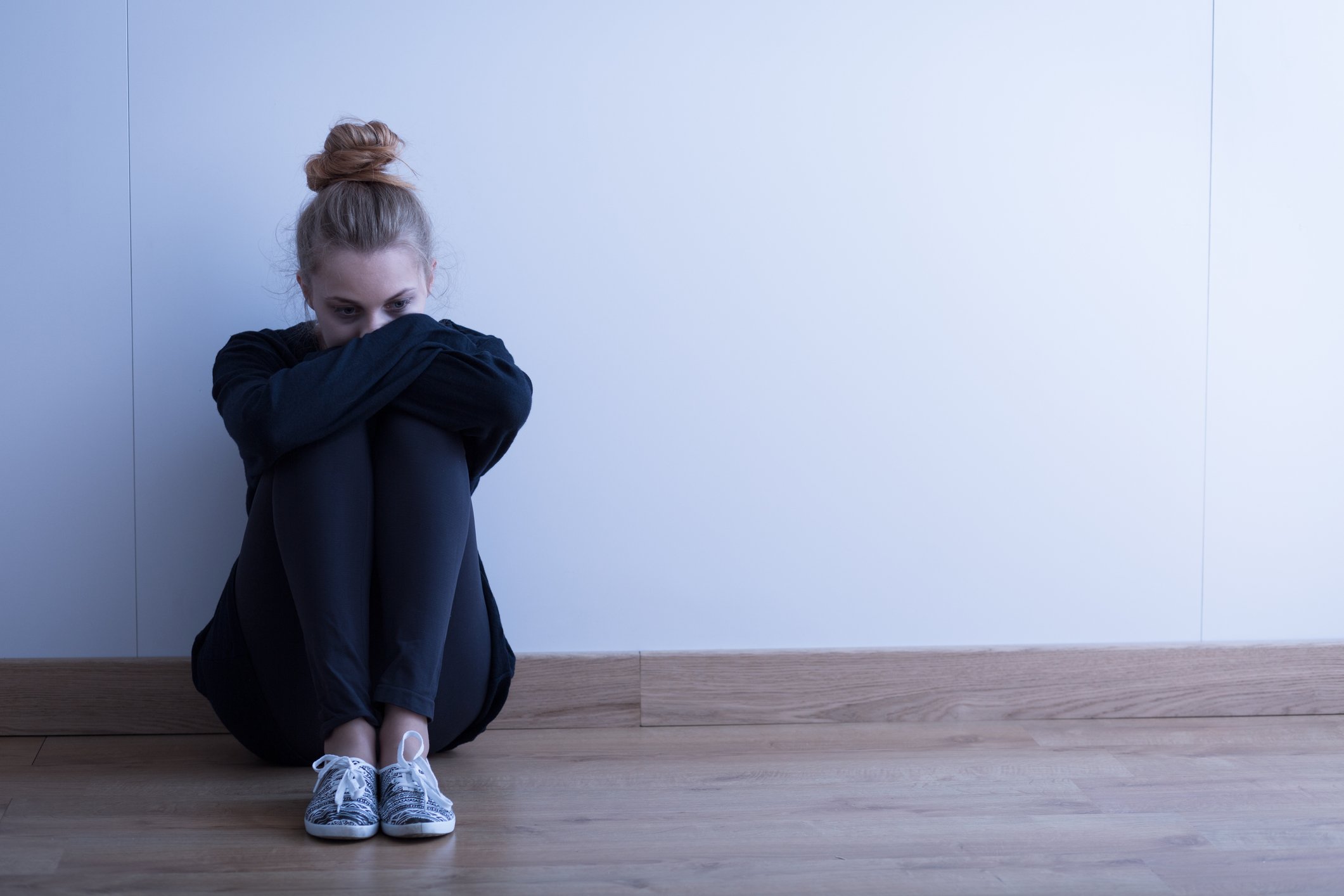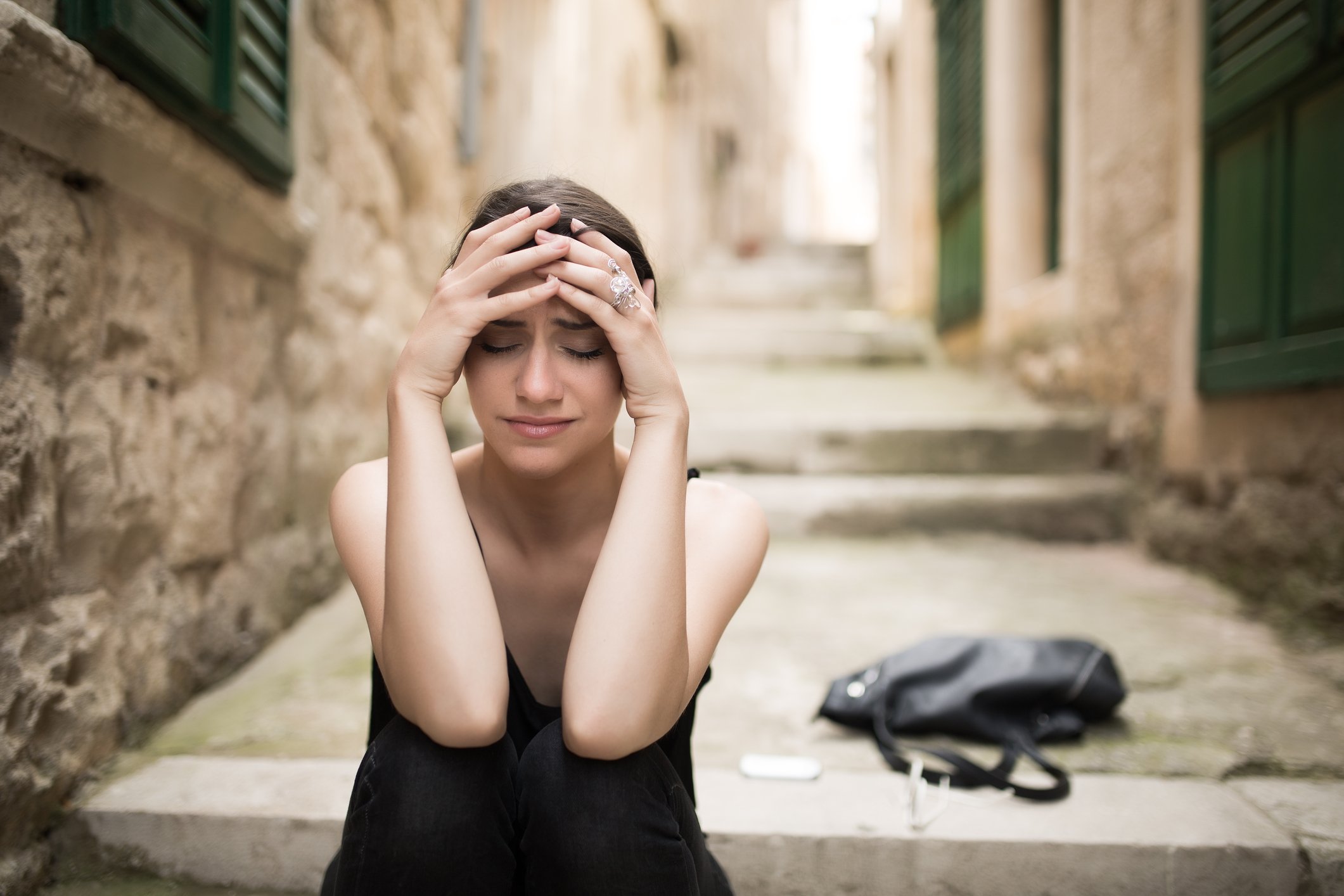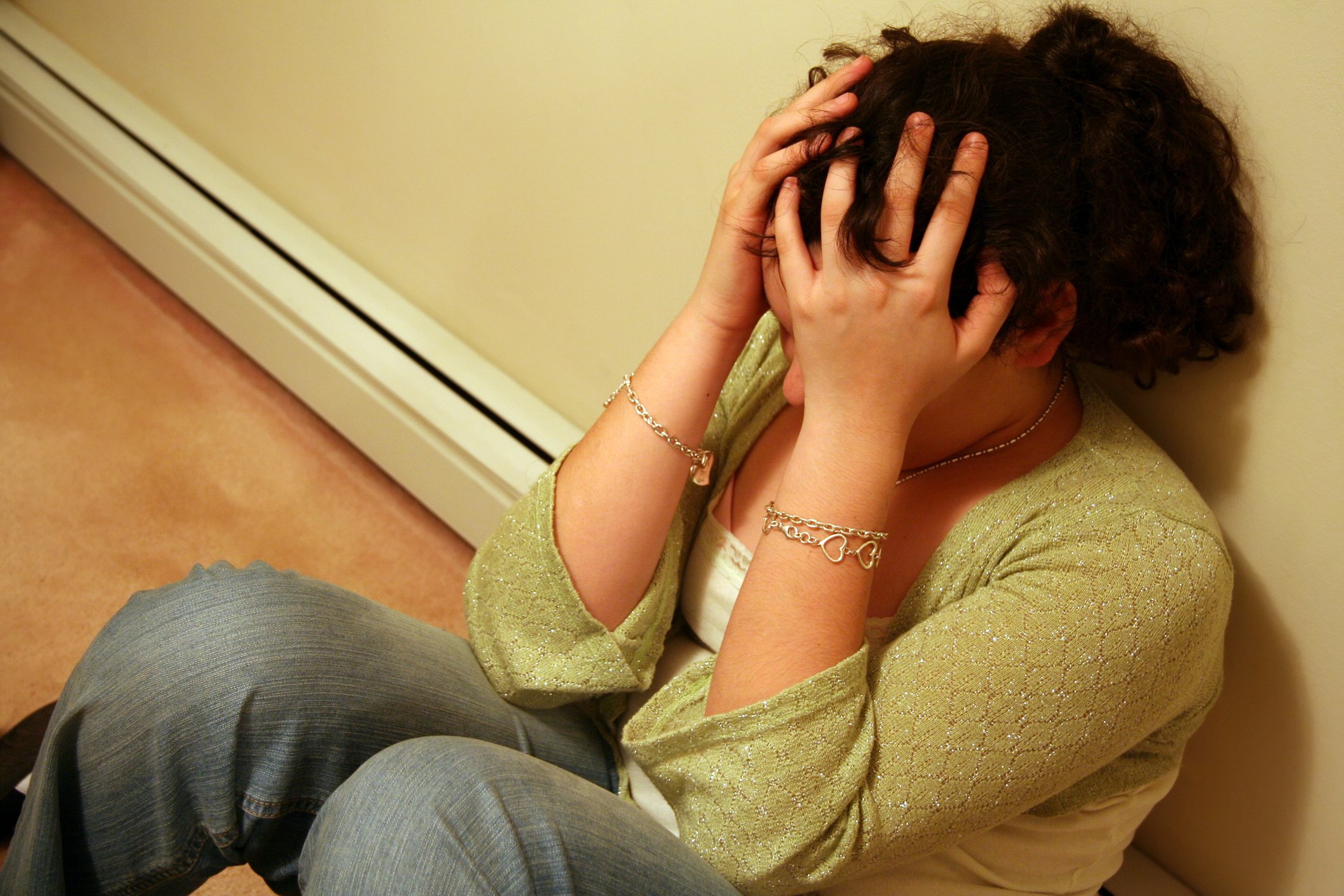Pulling Away: How Depression Affects Your Social Life
Introduction
Have you ever found yourself ignoring messages from your friends, skipping hangouts, or just not feeling like talking—even when you love the people in your life?
You're not being dramatic. You're not lazy. You're not a bad friend. You might be experiencing a very real part of depression: social withdrawal.
Depression doesn’t always look like crying alone in a dark room. Sometimes, it looks like pulling away—slowly, silently—from the people and connections that once made you feel alive. And that can make depression feel even heavier.
Let’s talk about how and why this happens—and what you can do about it.
1. Why Depression Changes the Way You Socialise
Depression isn’t just about feeling sad. It can affect your brain, your energy levels, your thoughts, and your relationships.
Here’s how it gets in the way of social connection:
Low energy: Even texting back can feel like running a marathon.
Negative self-talk: You might think, “They probably don’t even like me.”
Guilt or shame: Depression tells you you’re a burden, so you hide away to “protect” others.
Loss of interest (anhedonia): Things that once made you excited—like a party or even a call with your best friend—just feel flat now.
Over time, these feelings build up, and instead of leaning in, you pull away.
“There are many systems of interaction between brain, body and social world that can get caught in positive feedback loops. Depressed people, for example, can start feeling useless and burdensome … This makes them withdraw from contact with friends and family. Then the withdrawal makes them more lonesome … Then they withdraw more. In this manner, depression spirals and amplifies.”
2. Signs You Might Be Pulling Away Because of Depression
It’s not always obvious at first. You might just think you’re tired or in a mood. But here are some common signs:
You cancel plans often or avoid making them
You leave messages unopened for hours—or days
You feel like you're "acting" when you're around others
You want connection but feel overwhelmed by the idea of reaching out
You feel invisible, even when surrounded by people
If this sounds familiar, it could be depression quietly influencing your behaviour.
3. How It Affects Friendships and Family Bonds
One of the hardest things about depression is that it can make you pull away from the very people who want to help.
You might:
Disappear from group chats
Avoid family meals or conversations
Stop opening up, even to close friends
Feel like you don’t belong, even when you’re invited
This can lead to misunderstandings. People may not realise you’re struggling. They might think you're being distant on purpose. And that can lead to even more guilt and loneliness.
It’s a painful cycle—but it can be broken.
4. What You Can Do to Stay Connected (Even Just a Little)
You don’t have to go to every social event or force yourself to be cheerful. But small, manageable steps can make a big difference:
Reply with just a heart emoji or a short sentence. You’re still showing you care.
Schedule low-pressure hangouts, like watching a movie together with no pressure to talk much.
Be honest if you can: A simple “Hey, I’m going through a rough time, but I’m thinking of you” is powerful.
Try online support groups or forums if in-person stuff feels too hard.
Talk to a professional—a counsellor, GP, or therapist. You don’t have to figure this out alone.
You’re allowed to take your time. But remember, you still deserve connection—even when you're not feeling your best.
5. What Friends and Family Should Know
If you’re reading this because someone you care about seems to be pulling away, here’s what you should know:
It’s not about you. They’re not ignoring you to be mean. They’re just struggling.
Reach out gently. A “thinking of you” text without pressure can go a long way.
Don’t take withdrawal personally. Depression messes with connection and motivation.
Offer safe, judgment-free space. Let them know you’re there, even if they’re not ready to talk yet.
Being patient and consistent can help someone feel safe to reconnect when they’re ready.
Final Thought
Social withdrawal can make depression feel like you're disappearing from your own life. But you're still here—and you’re still worthy of love, connection, and understanding.
Even if your social battery is running low, or you don’t feel like yourself, you still matter. You’re not invisible. And there’s a way back—even if it's just one small step at a time.
FAQ’s
-
Because depression can cause deep exhaustion, low self-worth, and overwhelming feelings. Isolation often isn't a choice—they're just trying to survive the day.
-
Yes, it can be. Losing interest in social activities or feeling disconnected from others is a common symptom.
-
You can say something simple like, “I’ve been feeling really low lately, and it's making it hard to talk or hang out. It’s not about you—I just need a little time.”
-
Start small. Send a message. Apologise if needed, but focus on reconnecting. True friends will understand.
-
Yes. Isolation can deepen feelings of loneliness and sadness. That’s why small, safe forms of connection are so important—even when it’s hard.

